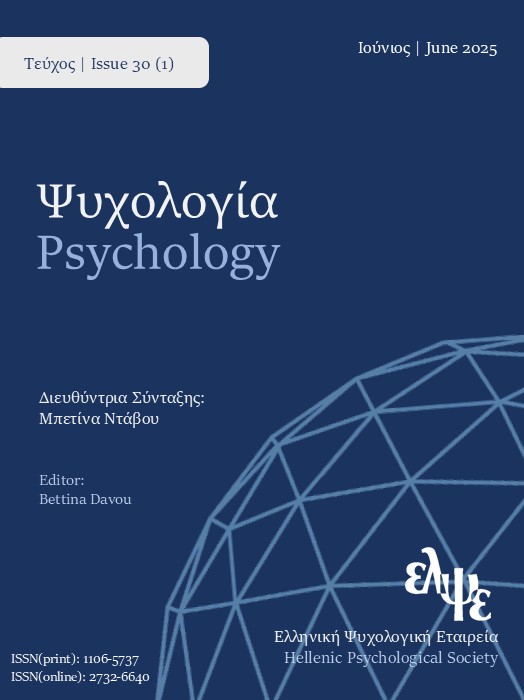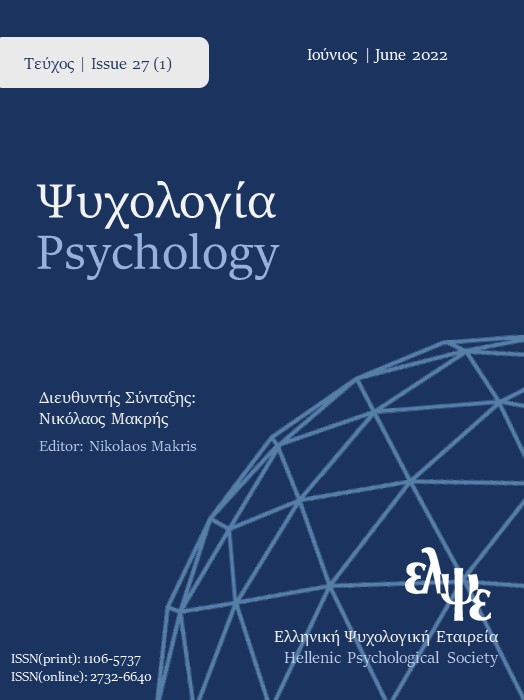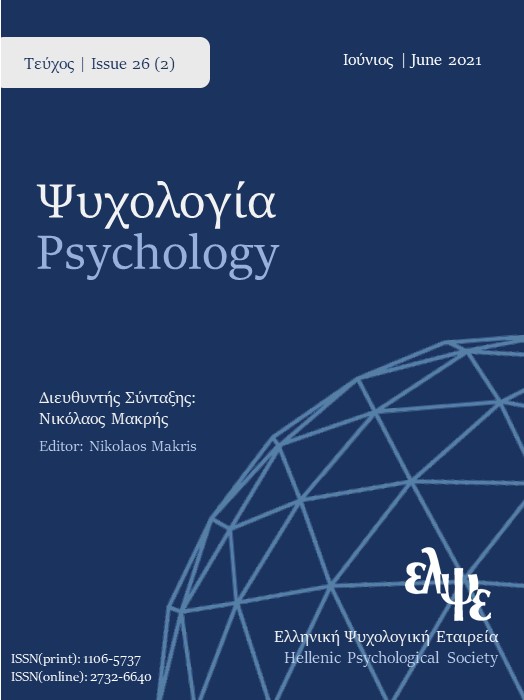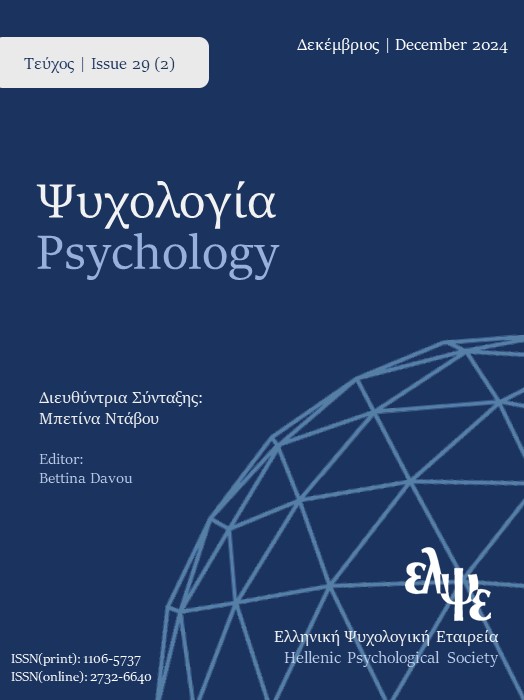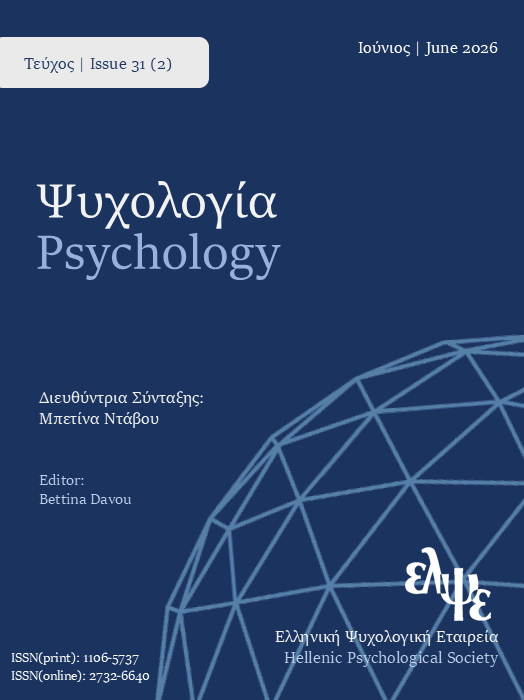Approaching intersectionality in gender psychology research
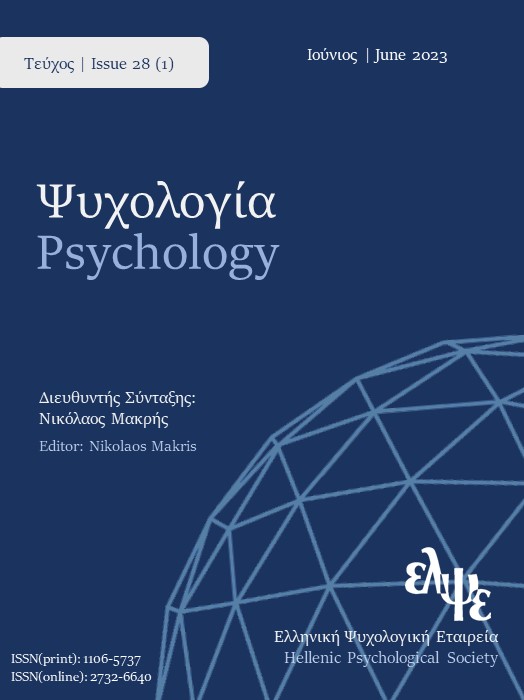
Abstract
The present special section constitutes the first systematic attempt to present the concept of intersectionality in Greek psychological research and specifically in gender research. Consequently, it aims to highlight the ways in which gender intersects with other identificatory categories, shaping the experiences of individuals, especially those belonging to disadvantaged groups. The papers presented in the issue demonstrate that intersectionality reflects the reality of life while being at the same time, an important 'tool' for understanding the complexity of the human experience. It is expected that the special section will contribute, both at a research and clinical level, to a critical review of traditional theories and methods in Psychology, providing an impetus for further research which will take into consideration both cultural (e.g., social norms, stereotypes, etc.) and social (e.g., power structures) contexts in the study of individual behavior and experience.
Article Details
- How to Cite
-
Sakka, D., & Athanasiades, C. (2023). Approaching intersectionality in gender psychology research. Psychology: The Journal of the Hellenic Psychological Society, 28(1), 1–7. https://doi.org/10.12681/psy_hps.34772
- Section
- SPECIAL SECTION

This work is licensed under a Creative Commons Attribution-ShareAlike 4.0 International License.
The journal PSYCHOLOGY adopts a Platinum open-access policy. Submission, processing or publication costs are waived by the Hellenic Psychological Society. Papers published in the journal PSYCHOLOGY are licensed under a 'Creative Commons Attribution-ShareAlike 4.0 International' licence. The authors reserve the copyright of their work and grant the journal the right of its first publication. Third-party licensees are allowed to use the published paper immediately after publication as they wish, provided they retain the defined by the license copyright formalities, regarding the reference to its author(s) and its initial publication in the journal PSYCHOLOGY. Moreover, any adjusted work should be shared under the same reuse rights, so with the same CC license.



